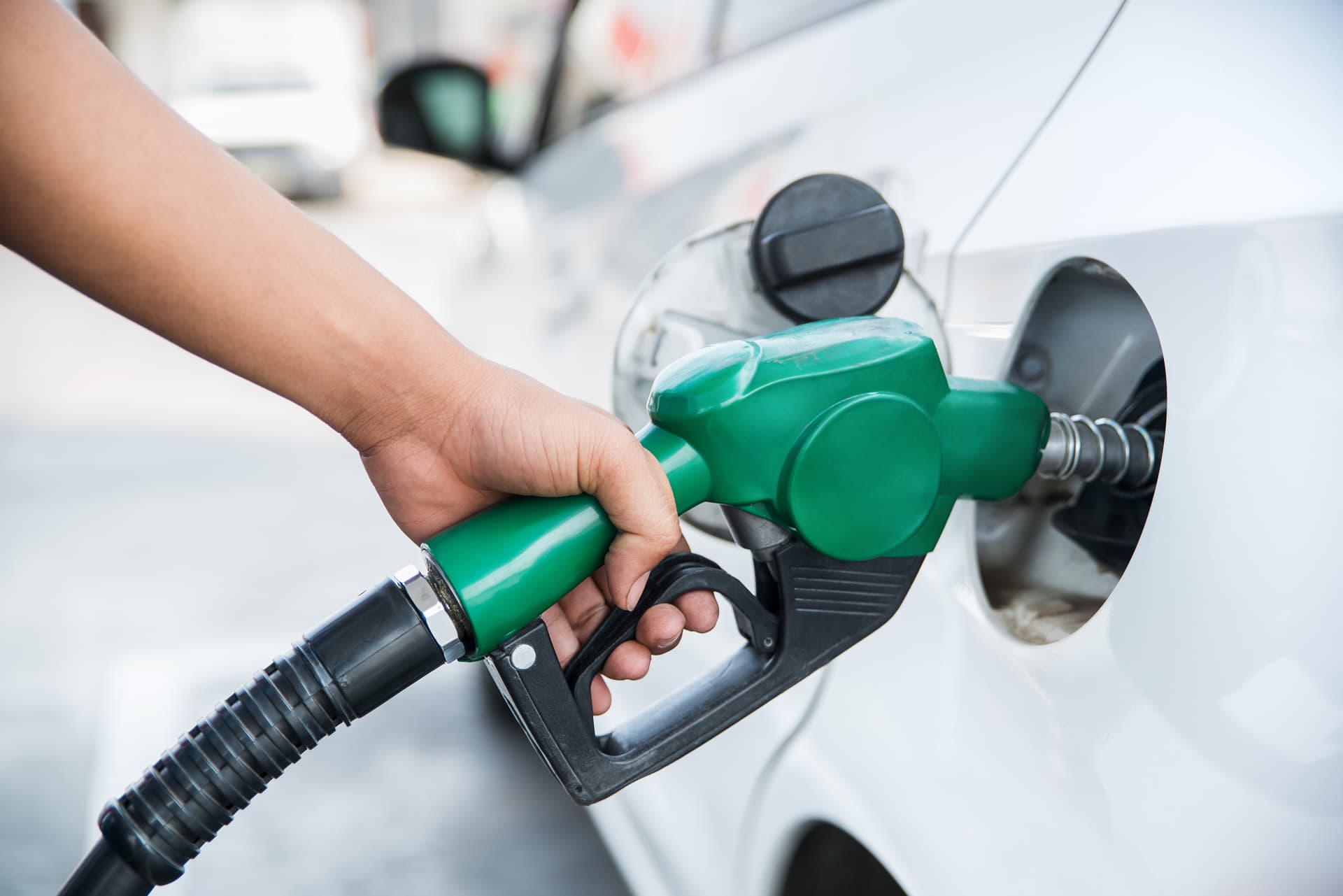Fuel: Who needs which grade and when?
BACKGROUND Depending on where Mr. and Mrs. Swiss fill up their vehicles, they are offered different fuels. But: What are the benefits of the different types and what is important to bear in mind? Whether common fuels such as gasoline and diesel or additives such as AdBlue: When motorists need to refuel, they have a variety of types at their disposal. The most popular fuels are [...]

Whether common fuels such as gasoline and diesel or additives such as AdBlue: When motorists need to fill up, they have a variety of types at their disposal.
The most popular fuels in this country are unleaded 95 and unleaded 98, where the number stands for octane and is a measure of knock resistance and thus combustion quality.
Markus Peter, Head of Technology and Environment at the AGVS: "The lower the octane number, the higher the probability that uncontrolled combustion processes can occur in the engine. Today's engines are equipped with appropriate sensors that adjust the ignition timing according to the octane number."
If motorists accidentally fill up at the wrong gasoline pump, for example unleaded 95 instead of 98, this is not a problem.
Damage caused by too much bioethanol
Special attention is required abroad. In Germany and France, for example, gasoline grades are available with up to ten percent bioethanol blended in, recognizable by the label E10.
Markus Peter: "Bioethanol is produced from biomass and added to gasoline to reduce CO2 emissions. However, too much bioethanol can cause damage to gasoline lines and seals. Most manufacturers give clearance up to E10."
Diesel has a lubricating effect
Where motorists have to govern immediately: When gasoline was accidentally filled up instead of diesel.
Markus Peter: "Under no circumstances should you continue driving like this, not even to the next garage. Because gasoline, unlike diesel, has no lubricating effect and can result in expensive repairs to the engine."
Specifications of the car manufacturers
The expert advises to follow the car manufacturer's instructions when refueling.
Markus Peter: "If you follow the recommendations, the car can deliver its best possible performance and ensure an optimum ratio between consumption and emissions."
Specialty fuels, for example with 100 octane 100 and above, with cleaning additives or additives to improve engine performance, are an option for enthusiast vehicles, but not essential for the average consumer.









